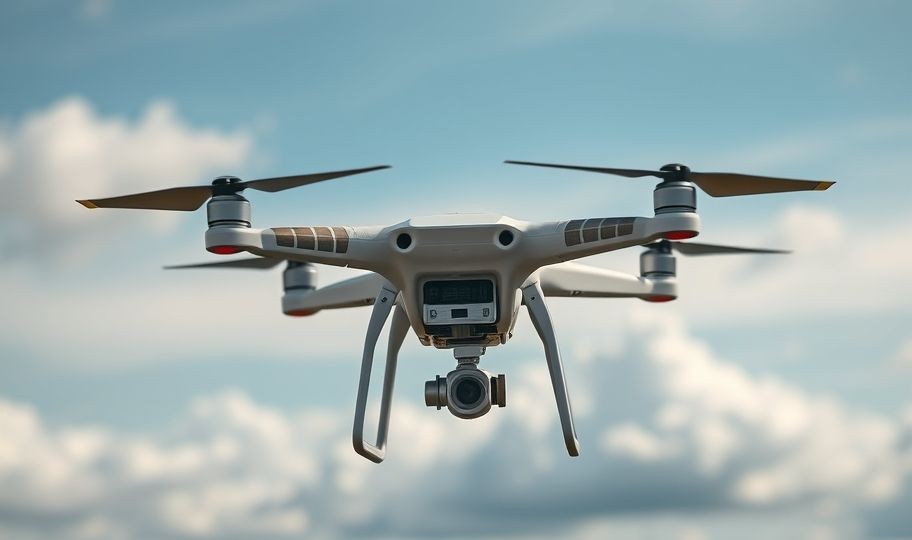Pilot Union Opposes Drone Cloud-Seeding: FAA Under Pressure

Pilot Union Urges FAA to Reject Rainmaker’s Drone Cloud-Seeding Plan The Air Line Pilots Association (ALPA), the largest pilot union globally, is pressuring the Federal...
⏱️ Estimated reading time: 2 min
Latest News
Pilot Union Urges FAA to Reject Rainmaker’s Drone Cloud-Seeding Plan
The Air Line Pilots Association (ALPA), the largest pilot union globally, is pressuring the Federal Aviation Administration (FAA) to reject a proposal by Rainmaker Irrigation to use drones for cloud seeding. ALPA cites safety concerns and urges thorough evaluation before the project’s potential approval.
ALPA’s Safety Concerns
ALPA has voiced significant concerns regarding the safety implications of allowing unmanned aircraft systems (UAS), or drones, to operate in shared airspace. They emphasize the potential risks associated with integrating these drones into the national airspace system without adequate safety measures.
- Potential for collisions with manned aircraft.
- Lack of comprehensive safety data and risk assessments.
- Concerns about the reliability and redundancy of drone systems.
Rainmaker’s Cloud-Seeding Proposal
Rainmaker Irrigation aims to use drones for cloud seeding, a weather modification technique that attempts to increase precipitation. The company believes this technology can help combat drought conditions and improve water resources. Their proposal is currently under review by the FAA.
FAA’s Role and Responsibilities
The FAA is responsible for ensuring the safety of the national airspace system. This includes evaluating the potential risks and benefits of new technologies, such as drone-based cloud seeding, and implementing appropriate regulations and oversight. The FAA faces pressure from both sides, balancing innovation with safety concerns. The agency is committed to a rigorous review process.
Pilot’s Union Standpoint
ALPA’s opposition reflects a broader concern among pilots regarding the increasing use of drones in various sectors. The union advocates for stringent regulations and thorough risk assessments to mitigate potential hazards. They insist that safety must be the paramount consideration in any decision regarding drone operations in shared airspace.
Related Posts
Bluesky Enhances Moderation for Transparency, Better Tracking
Bluesky Updates Moderation Policies for Enhanced Transparency Bluesky, the decentralized social network aiming to compete...
December 11, 2025

Google Maps: Gemini Tips, EV Charger Predictions & More!
Google Maps Gets Smarter: Gemini Tips & EV Updates Google Maps is enhancing user experience...
December 9, 2025

US, UK, Australia Sanction Russian Web Host
Crackdown on Russian ‘Bulletproof’ Web Host The United States, United Kingdom, and Australia have jointly...
December 6, 2025
1 Comment
-
Best Quality SEO Backlinks
Hi Dear, are you truly visiting this site on a regular basis, if so afterward you will without
doubt obtain good know-how.











Hi Dear, are you truly visiting this site on a regular basis, if so afterward you will without
doubt obtain good know-how.